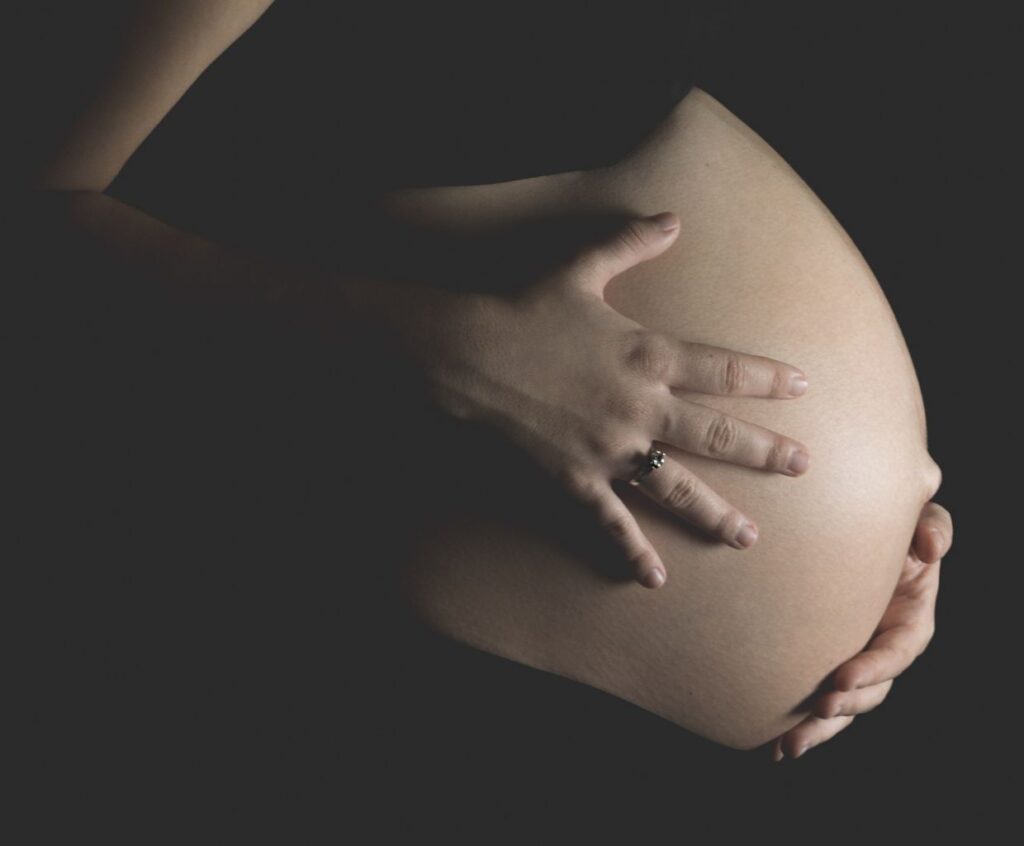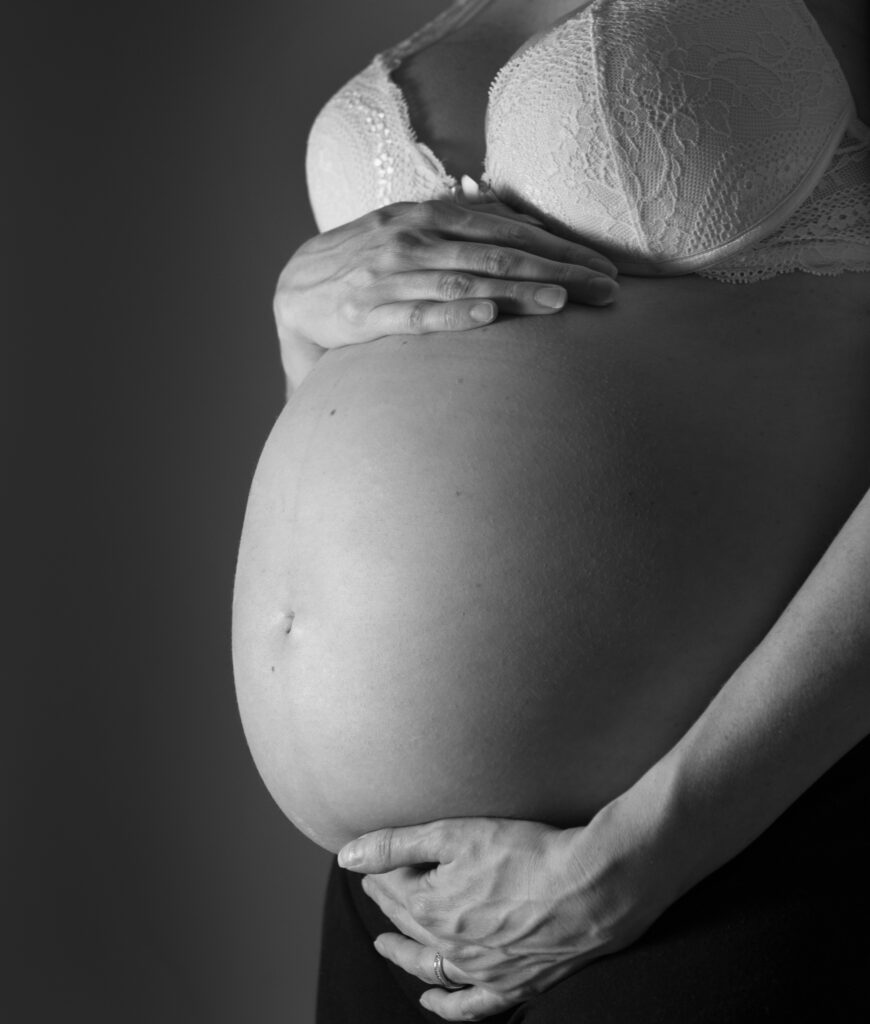Pregnancy Spotting: Causes, Symptoms, and When to Seek Medical Attention
Welcome to our article on pregnancy spotting! Pregnancy is an exciting and transformative time in a woman’s life, but it can also come with its fair share of concerns and uncertainties. Spotting, or light bleeding, during pregnancy, is one of those concerns that can cause anxiety.
In this article, we will explore the various causes and symptoms of pregnancy spotting and when it’s crucial to seek medical attention.
Causes of Pregnancy Spotting
Spotting during pregnancy can be caused by various factors, some of which are harmless, while others may indicate potential complications. Here are some common causes:
Implantation Bleeding
One of the earliest causes of spotting during pregnancy is implantation bleeding. This occurs when the fertilized egg attaches to the uterus wall, causing slight bleeding. Implantation bleeding usually happens around the time of your expected period and is often lighter and shorter than a regular period.
Hormonal Changes
Pregnancy brings about significant hormonal changes in a woman’s body. These hormonal fluctuations can sometimes lead to spotting. It is common to experience light spotting during the first trimester as your body adjusts to the increased levels of progesterone and estrogen.
Cervical Changes
During pregnancy, the cervix changes to support a developing baby. Increased blood flow to the cervix can occasionally result in mild spotting. Additionally, sexual intercourse or a cervical exam by your healthcare provider may cause temporary spotting due to the sensitivity of the cervix.
Infections or STIs
Sometimes, spotting during pregnancy may result from an infection or a sexually transmitted infection (STI). It’s essential to promptly consult your healthcare provider if you suspect an infection, as prompt treatment is necessary to safeguard your and your baby’s health.
Symptoms of Pregnancy Spotting
Pregnancy spotting can vary in color, consistency, and duration. While it is generally lighter than a regular menstrual flow, it’s crucial to be aware of any unusual symptoms. Here are some signs to watch out for:
-
- Light pink or brownish discharge
-
- Spotting that is not accompanied by pain or cramping
-
- Spotting that is intermittent and stops on its own
-
- Heavy bleeding, like a regular period
-
- Spotting that is bright red or contains clots
-
- Spotting accompanied by severe abdominal pain or cramping
-
- Spotting that persists or worsens over time
Remember, every pregnancy is different, and while spotting may be expected for some women, it is always better to consult your healthcare provider to rule out any potential complications.
When to Seek Medical Attention
While spotting during pregnancy can be expected, there are instances when it’s crucial to seek immediate medical attention. You should contact your healthcare provider if you experience any of the following:
-
- Heavy bleeding that soaks through a sanitary pad within an hour
-
- Bleeding accompanied by intense abdominal pain or cramping
-
- Spotting after a previous miscarriage or ectopic pregnancy
-
- Severe dizziness, lightheadedness, or fainting
-
- Chills, fever, or other signs of infection
Remember, it’s always better to err on the side of caution and seek medical attention when in doubt. Your healthcare provider is the best person to assess your situation and provide appropriate guidance.
While spotting during pregnancy can be worrisome, staying calm and informed is essential. You can navigate your pregnancy journey with peace of mind by understanding the causes, symptoms, and when to seek medical attention. Congratulations on this incredible chapter of your life!
Are there any specific risk factors that increase the likelihood of pregnancy spotting?
Several risk factors can increase the likelihood of pregnancy spotting. These include:
1. Implantation bleeding: This is a common cause of spotting in early pregnancy, typically occurring around 6-12 days after conception when the fertilized egg implants itself into the uterine lining.
2. Cervical irritation: Intercourse or a pelvic examination can sometimes cause cervical irritation, leading to spotting or light bleeding.
3. Ectopic pregnancy: In some cases, spotting can be a sign of an ectopic pregnancy, where the fertilized egg implants outside the uterus, usually in the fallopian tube. This is a severe condition that requires immediate medical attention.
4. Miscarriage: Spotting or bleeding can be an early sign of a miscarriage, especially if accompanied by abdominal pain or cramping. It is essential to seek medical attention if this occurs.
5. Infection: Certain infections, such as urinary tract infections or sexually transmitted infections, can cause spotting during pregnancy. Prompt treatment is necessary to avoid complications.
6. Cervical polyps: These benign growths on the cervix can cause spotting, especially after intercourse or a pelvic exam.
7. Placenta previa: In some cases, the placenta may implant low in the uterus, partially or entirely covering the cervix. This condition, known as placenta previa, can cause bleeding or spotting.
It is essential to consult a healthcare provider if any spotting occurs during pregnancy to determine the cause and ensure the mother’s and baby’s well-being.
What are the common causes of pregnancy spotting?
There are several common causes of pregnancy spotting, including:
1. Implantation bleeding occurs when the fertilized egg implants itself into the lining of the uterus. It usually happens 6-12 days after conception and can cause light spotting or bleeding.
2. Hormonal changes: Pregnancy causes significant hormonal changes in the body, sometimes resulting in spotting or light bleeding.
3. Cervical changes: The cervix changes during pregnancy, and minor bleeding or spotting may occur.
4. Infections: Certain infections, such as urinary tract infections or yeast infections, can lead to spotting during pregnancy.
5. Sexual intercourse: Sexual intercourse can cause slight bleeding or spotting, especially if the cervix is more sensitive during pregnancy.
6. Ectopic pregnancy: In some cases, spotting or bleeding may indicate an ectopic pregnancy, where the fertilized egg implants outside the uterus.
7. Miscarriage: Unfortunately, spotting or bleeding can also be a sign of a miscarriage, especially if accompanied by cramping or abdominal pain.
It’s important to note that any spotting or bleeding during pregnancy should be discussed with a healthcare provider to determine the cause and ensure the well-being of both the mother and baby.


